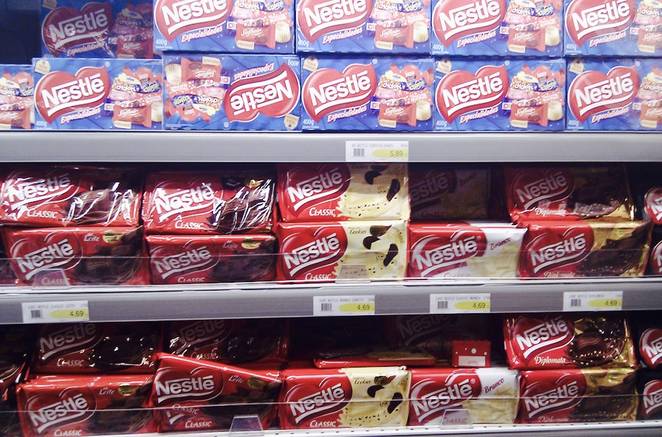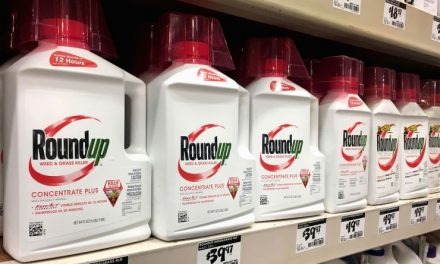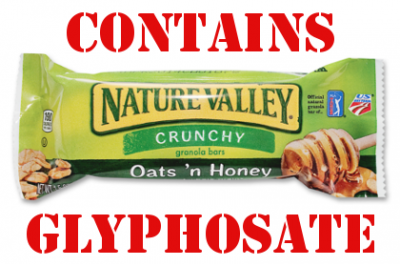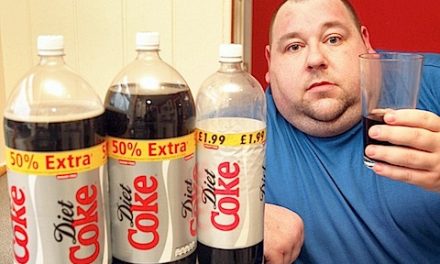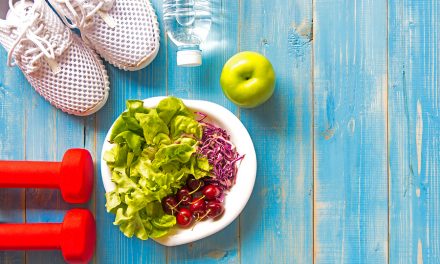It’s a catch 22, you desperately need money and yet, if you work for Company A you will be contributing to not only your slow death but the slow death of your countrymen. Do you take the job, promising yourself you won’t get sucked in or do you pass and continue to struggle to meet your basic needs? It’s a tough choice that no one should ever have to face and one that Brazilians have overwhelming made in favor of Big Business.
And it’s literally killing them.
Today in Brazil, there are thousands of door-to-door vendors for Nestlé, the world’s LARGEST packaged food conglomerate, who sell slow death in the form of obesity, high blood pressure, diabetes, insomnia, gout, gallbladder disease, stroke, and heart disease- just to name a few.
“Nestlé’s direct-sales army in Brazil is part of a broader transformation of the food system that is delivering Western-style processed food and sugary drinks to the most isolated pockets of Latin America, Africa, and Asia. As their growth slows in the wealthiest countries, multinational food companies like Nestlé, PepsiCo, and General Mills have been aggressively expanding their presence in developing nations, unleashing a marketing juggernaut that is upending traditional diets from Brazil to Ghana to IndiA.” 1
And their expansion has contributed to the fact that:2
- across the entire world, more people are obese than underweight.
- and “the growing availability of high-calorie, nutrient-poor foods is generating a new type of malnutrition, one in which a growing number of people are both overweight and undernourished.”
The poor are now overweight AND undernourished. And these companies know it and don’t care because it’s all about the bottom line- money. They certainly aren’t living on this kind of junk.
“As multinational companies push deeper into the developing world, they are transforming local agriculture, spurring farmers to abandon subsistence crops in favor of cash commodities like sugar cane, corn and soybeans — the building blocks for many industrial food products. It is this economic ecosystem that pulls in mom-and-pop stores, big box retailers, food manufacturers and distributors, and small vendors…
In places as distant as China, South Africa and Colombia, the rising clout of big food companies also translates into political influence, stymieing public health officials seeking soda taxes or legislation aimed at curbing the health impacts of processed food.” 3
(There’s so much more to this amazing article from the New York Times. To dig deeper into the issue and watch the short documentary, click here.)
To simplify things a bit- Big Business is in bed with Big Ag (they are all allowed to do what they will because of each country’s broken and corrupt political system) who is dating Big Pharma.
To bottom line it for you: no one is coming to rescue us. We have to take control of our own health. We have to teach our children to do the same and we have to help our neighbors if they don’t know how to help themselves. Education is key.



